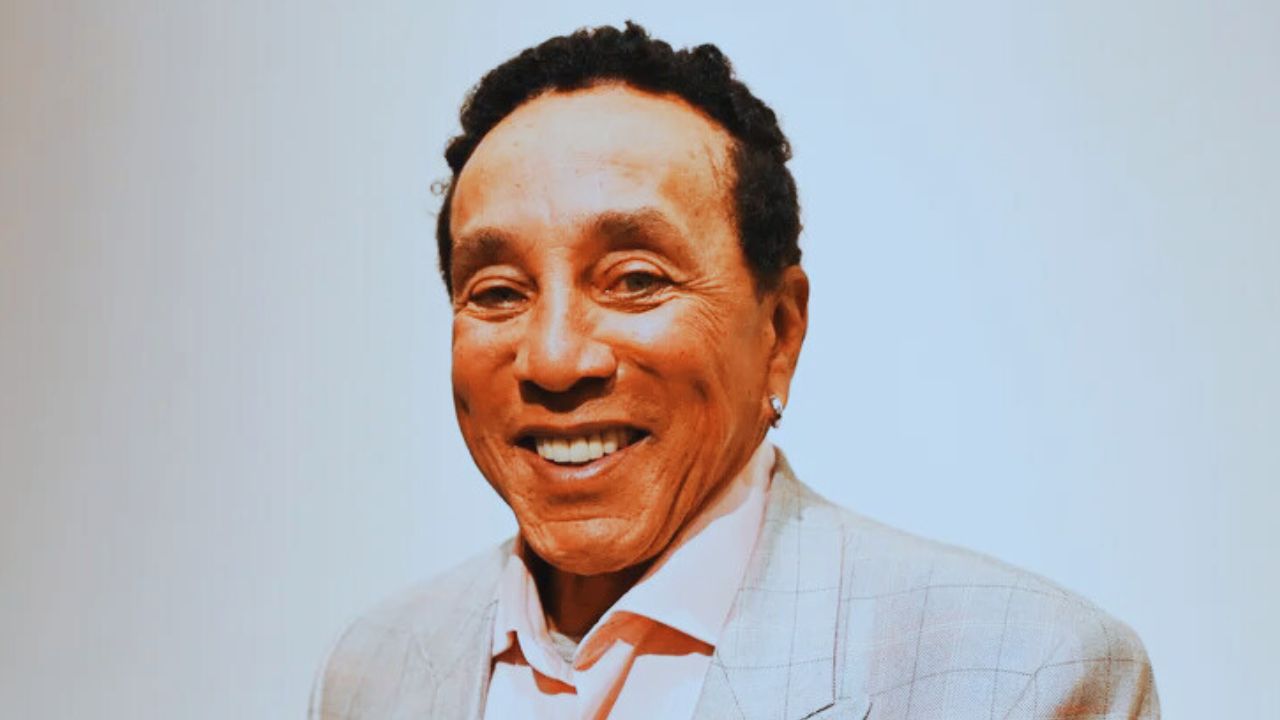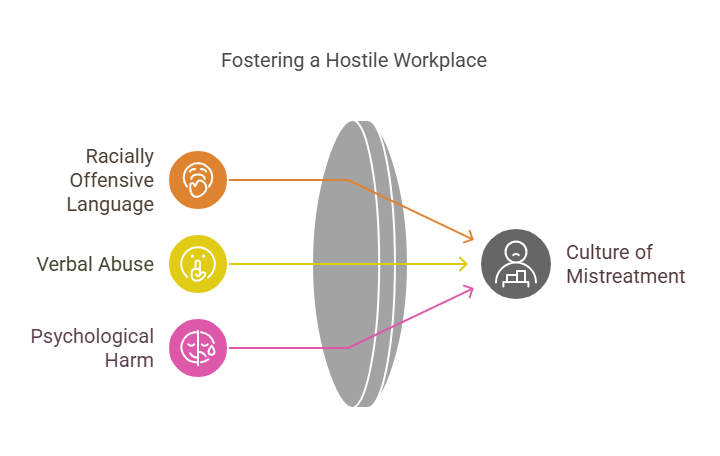Motown legend Smokey Robinson, 85, and his wife, Frances Robinson, are at the center of a serious legal battle after four anonymous women filed a $50 million lawsuit in the Los Angeles Superior Court. The lawsuit accuses the iconic singer of multiple instances of sexual assault, false imprisonment, and labor law violations over nearly two decades. Frances Robinson is also accused of contributing to a hostile work environment.
Allegations Span Nearly Two Decades
According to the 45-page civil complaint filed on May 6, 2025, the plaintiffs, identified only as Jane Doe 1 through 4, are all Hispanic women who worked for the Robinsons in various capacities. These roles included housekeeping, cooking, hairdressing, and personal assistance. The allegations stretch back as far as 2006 and are said to have occurred at the Robinsons’ properties in Chatsworth and Bell Canyon, California, and in Las Vegas, Nevada.
The women claim that during their employment, Smokey Robinson subjected them to repeated sexual assaults, including rape, and created an environment where they felt powerless to report the abuse. Their legal team argues the women were too scared to come forward due to the singer’s fame, wealth, and influence, as well as their own vulnerable socioeconomic positions.
Specific Incidents Outlined in the Lawsuit
The lawsuit contains disturbing and detailed allegations. For example:
-
Jane Does 1, 3, and 4 allege they were sexually assaulted in the “blue bedroom” of Robinson’s Chatsworth home. Robinson allegedly placed towels on the bed before forcing sexual acts, supposedly to avoid leaving evidence on the sheets.
-
Jane Doe 2 claims she was raped in the laundry room and garage, areas known to lack surveillance. She says she was lured to these spaces under the pretext of performing work-related tasks.
-
Several women report being summoned to private areas of the homes when Frances Robinson was not present. They allege they were met by Smokey Robinson either naked or partially clothed, and were verbally pressured or physically blocked from leaving.
-
All four claim the assaults happened repeatedly over the years and included both physical intimidation and threats of retaliation.
Abuse of Labor Rights and Wage Violations
The lawsuit goes beyond sexual misconduct and accuses the Robinsons of numerous labor violations:
-
Plaintiffs claim they worked 10-hour days, six days a week, and sometimes on holidays, without proper compensation.
-
Despite the grueling schedule, they allege they were not paid the minimum wage, were denied breaks, and never received overtime pay or holiday rates.
-
They state that they felt they could not resign or report the abuse due to financial dependence, immigration concerns, and fear of retaliation.
These allegations are being framed not only as a case of sexual assault, but also of exploitation of vulnerable labor—a theme that resonates strongly in ongoing global conversations about domestic workers’ rights.
Frances Robinson Also Named in the Suit
The lawsuit alleges that Frances Robinson, Smokey’s wife of several decades, knowingly fostered a hostile workplace. She is accused of using racially offensive language, and of verbally abusing the women.
While she is not accused of any physical abuse, her alleged behavior is said to have compounded the psychological harm experienced by the plaintiffs and contributed to an overall culture of mistreatment.
Legal Team and Public Statements
Attorney John Harris, representing the four women, spoke during a press conference in Los Angeles, emphasizing the courage of his clients in coming forward. He referred to Smokey Robinson as a “serial and sick rapist,” and highlighted the power imbalance between the singer and his former employees.
“These are Hispanic immigrant women, working in isolation and under the control of one of the most powerful people in the music industry,” Harris said. “They were trapped by fear, economics, and a culture of silence.”
Harris also criticized the broader system that allows domestic workers, particularly women of color, to be mistreated without oversight or protection.
Smokey Robinson Denies Allegations
Through his attorney Christopher Frost, Smokey Robinson has vehemently denied the allegations. He described the claims as “vile, false, and designed to extract money from an elderly American icon.”
In an official statement, Robinson said:
“These allegations are completely untrue. I have dedicated my life to music and love, and I stand for peace and respect. This is an attack on my legacy.”
Attorney Frost indicated that the defense plans to file for dismissal of the suit and accused the plaintiffs’ legal team of “conducting a smear campaign in the media.”
No Criminal Charges Filed So Far
As of this writing, no police reports have been filed against Smokey Robinson, and no criminal investigation is underway. A spokesperson for the Los Angeles County District Attorney’s Office confirmed they are not reviewing the case, as law enforcement has not presented it for consideration.
The Los Angeles Police Department declined to comment on whether they had received any formal complaint.
Smokey Robinson’s Legacy and Career
Robinson, born William Robinson Jr., rose to fame as one of Motown Records’ first major stars, writing and performing classic hits like:
-
My Girl (The Temptations)
-
My Guy (Mary Wells)
-
Tracks of My Tears
-
Shop Around
-
Tears of a Clown
He is inducted into both the Rock and Roll Hall of Fame and the Songwriters Hall of Fame. Over his seven-decade career, Robinson claims to have written or co-written more than 4,000 songs.
For decades, he has been celebrated not just as a performer, but as a pioneer of Black music, helping to shape the sound and success of Motown Records and influencing generations of artists.
Broader Context: Domestic Workers and the #MeToo Movement
This case comes amid growing awareness of the abuse faced by domestic workers, who often work in isolation with little legal recourse or labor protections. Advocates argue that this group is particularly vulnerable to both sexual abuse and wage theft, especially when undocumented or reliant on their employers for housing or immigration sponsorship.
The lawsuit also echoes themes from the #MeToo movement, which began in Hollywood and exposed systemic sexual abuse by powerful men. However, unlike high-profile actresses, domestic workers are often invisible victims, and their voices are rarely heard.
Attorney Harris and the plaintiffs hope this lawsuit will bring visibility to an underrepresented group of survivors, and potentially spark reforms in domestic labor protections.
What’s Next?
The case is still in its early stages. No hearing dates have been scheduled, and it remains a civil matter unless law enforcement chooses to investigate. The plaintiffs are seeking $50 million in damages, not only for emotional trauma and lost wages but also as a punitive measure to prevent future abuse.
This lawsuit could serve as a litmus test for how American courts treat historic abuse cases, especially those involving elder celebrities and vulnerable labor.



































